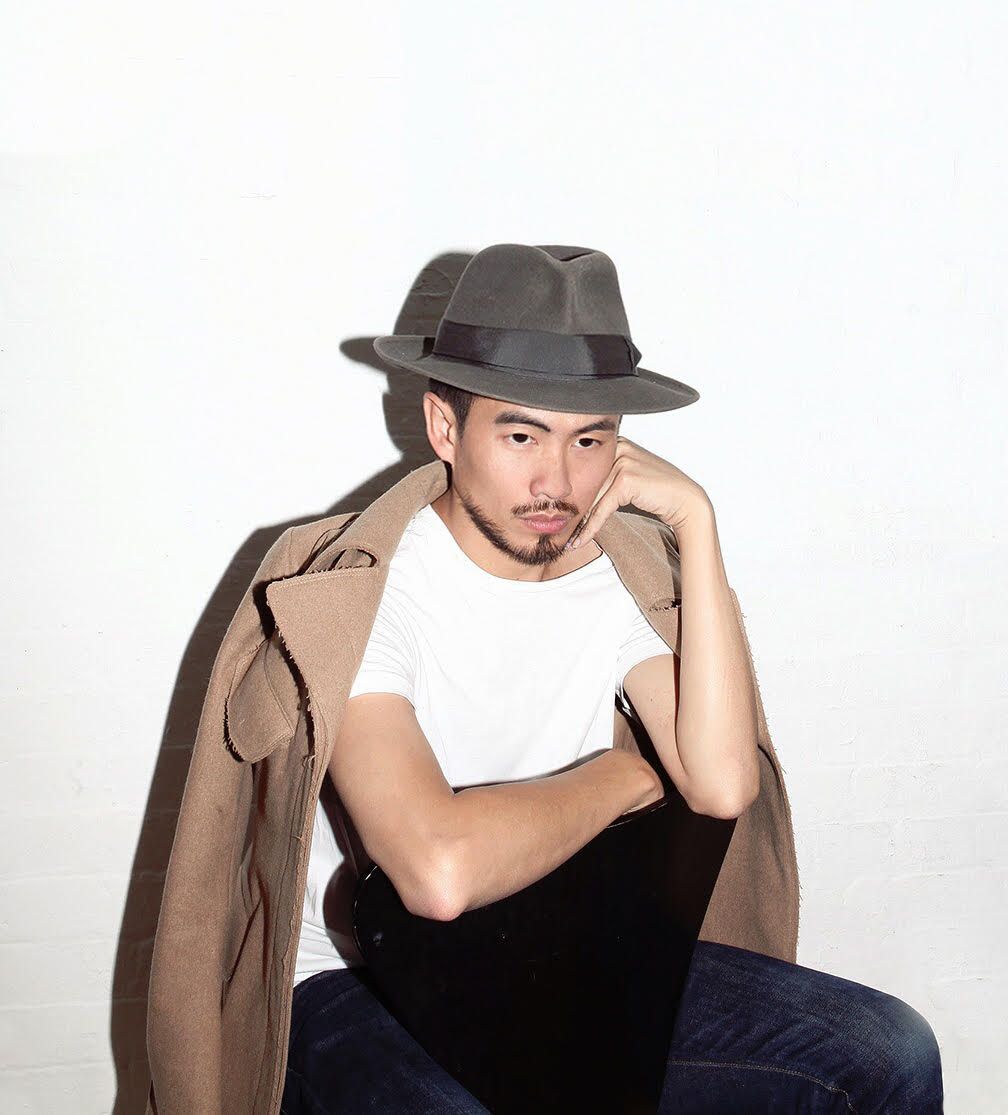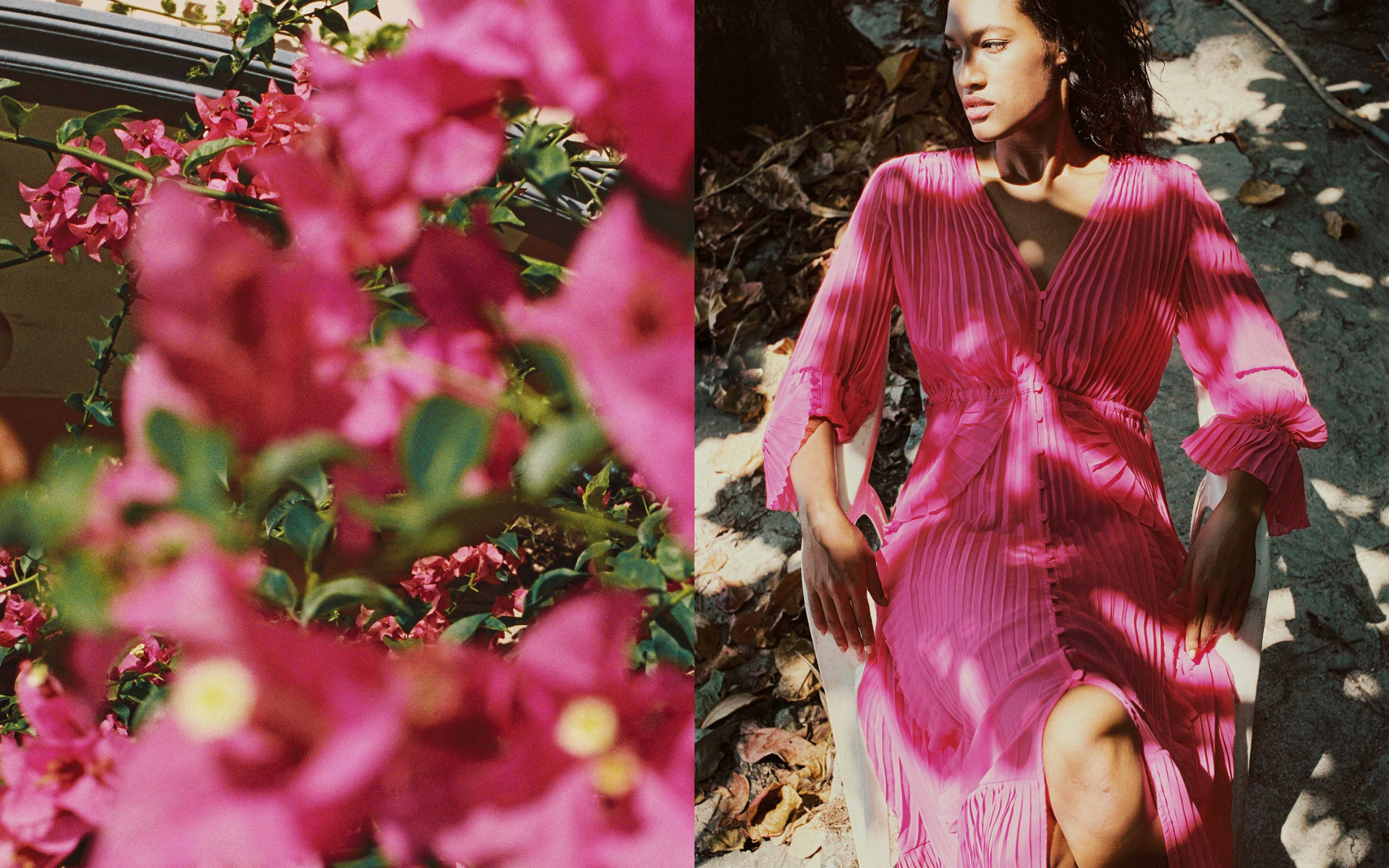Self-Portrait has become one of the biggest international cult fashion labels since launching seven years ago. The brand's founder, Malaysian entrepreneur Han Chong, explains what he's learned along the way
For Han Chong, the founder and creative director of fashion label Self-Portrait, the only connection he had with fashion were moments when his mother and aunts would dress up for weddings or the few special occasions held in the small, sleepy town he grew up in. Raised in his father’s bak kwa store in Penang, London seemed like a faraway dream woven by his tutor, whom Chong met while studying art and design in Kuala Lumpur.
“When I first arrived at Central Saint Martins, I could scarcely believe it, I was just so shocked,” recalls Chong. “Here I was, standing before this famous institution with its rich history of amazing creatives It was definitely a ‘pinch me’ moment.”
Despite the initial culture shock, the simple pleasure of wearing one’s best was a memory that stuck with him, and soon became the core purpose of Self-Portrait’s highly sought-after pieces. Known for feminine, sartorial style and comparatively more affordable price points (starting from about US$400), the label’s focus was to create accessible high-fashion. The designer sought to empower the wearer with comfort as well as style as she goes about her day.
See also: 5 Things To Know About Derek Tsang And His Oscar-Nominated Film, "Better Days"
And while the label continues to use its signature guipure lace, Chong is always on the lookout for new ideas as trends evolve. From colours and textiles to silhouettes, he makes sure to remix the classics with a modern edge.
“Whenever I design collections, I always think of the everyday woman—what she’s feeling, what she needs or wants in her life at that very moment. I want the woman who wears my dresses to feel like she can do whatever she wants without feeling restricted or uncomfortable. I want her to live in my designs, to feel good in them and make memories with them, just like my mother as well as my aunts did. Like something you’d wear at an intimate dinner with friends, or a wild Friday night with the girls.”






